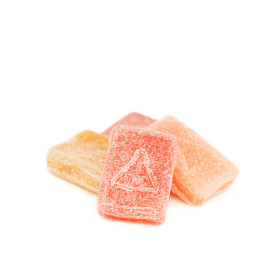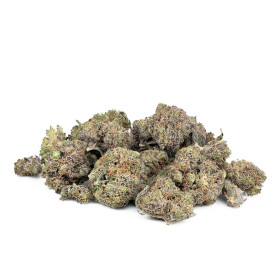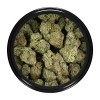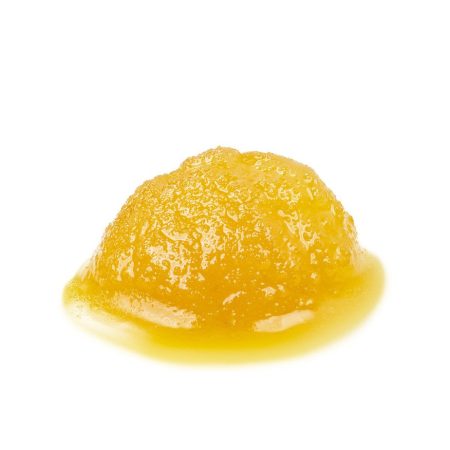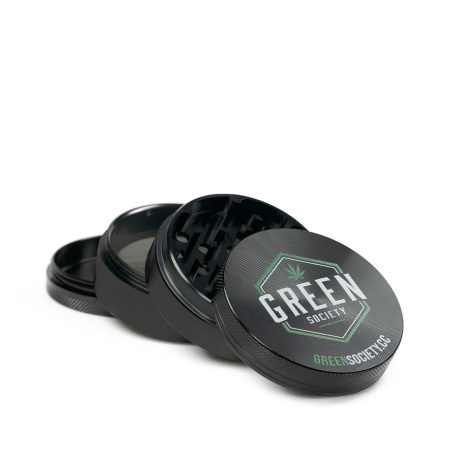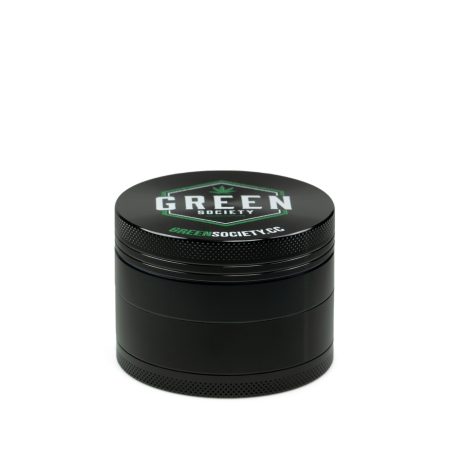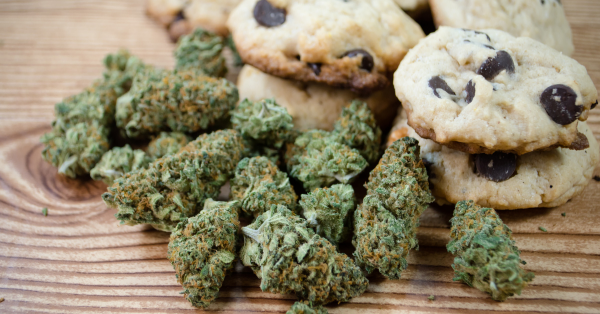The insatiable appetites experienced by many people when smoking weed have no obvious cause. Generally, complex interactions between the body’s naturally occurring cannabinoids and exogenous cannabinoids like THC cause this effect.
Additionally, those who have had the munchies will attest to the intense hunger and the sheer joy of chowing down on various salty and sweet treats.
So, keep reading this article to learn why you get the munchies when smoking weed.
How Marijuana Affects Appetite
The cannabis plant’s interaction with your body’s natural functioning systems that control the hunger sensation explains why it is so powerful in hijacking your appetite. In trials with starved mice, the endocannabinoid system has been shown to exploit the olfactory system to boost food intake by improving odor perception.
Because ECS is already implicated in the hunger process, THC can successfully duplicate the natural experience of hunger. To sum up, it’s not always the case that THC induces hunger. It activates the brain’s olfactory bulb, greatly enhancing the pleasurable effects of consuming sweet and salty foods.
Foods to Eat When You Get the Munchies When Smoking Weed
If you’re a regular cannabis user and try edible cannabis, you probably know that the munchies will eventually hit. Fortunately, there are techniques to lessen your hunger. One strategy is to plan your meals around your smoking schedule.
This way, when you’re watching that third Domino’s advertisement, and you get a serious longing for pizza, you already have something tasty and nutritious ready to eat.
Realizing that your tastes will likely go toward sweet for cannabis chocolate and salty foods can help you determine what healthy snacks to stock up on. When making your trail mix, you may avoid eating too many highly processed foods while enjoying a delicious combination of sweet and salty tastes. Due to their high content of healthy fatty acids, nuts are excellent for ending a snack attack.
Wraps, rice bowls, and burritos make for great on-the-go meals. These selections are quite satisfying, and the recipes may be adjusted to suit a wide range of dietary requirements. Deliciously seasoned bean, rice, vegetable, and protein mixtures are far more beneficial for the body than any processed, packaged options you’ll find at the supermarket.
Is there a limit to how much you can eat when smoking weed?
There’s a direct correlation between how much you smoke marijuana and how hungry you feel afterward. Simply put, the high you get from smoking a joint is significantly stronger than the high you’d get from eating. This is because of the larger concentration of THC in your blood. The other food in the digestive tract affects the time it takes for the THC in edibles to reach the brain.
But if you want to curb your appetite, you may do so by regulating your THC intake. Many items sold in cannabis dispensaries licensed by the state must undergo laboratory testing and display the percentages of CBD and THC they contain.
Weight Management and Weed
Even though cannabis might momentarily enhance hunger, there are certain people for whom this is not always the case, particularly those who use it regularly. Even while it may be impossible to avoid the start of the munchies right away, the cannabinoids contained in cannabis may aid in reducing anxiety. In turn, this may lead to a reduction in appetite and a lower Body Mass Index (BMI).
Long-term cannabis users may find that they can better maintain their weight and avoid excessive swings due to reduced stress and anxiety, as well as improved sleep quality.
Why You Enjoy Your Meals More When High
Cannabis, in essence, manipulates your body’s hunger-sensing circuits to make you feel ravenous even when you’re not. Do you know the saying, “hunger is the finest seasoning”? It’s because of how hunger “arouses sensory awareness” that this expression even arises.
Recent research in mice suggests the ECS is to blame for the hitherto unexplained phenomenon of hunger-improving food preference. Cannabis munchie’s photo sensory processing, such as smell and taste. As well as modulation of mood, stress, and emotion, are all thought to include the ECS.
Curiously, 24 hours of fasting caused a rise in the mice’s natural eCB levels, raising their appetite and ability to detect odors. To address the question, “Why does cannabis make you hungry when smoking weed?” It appears that the ECS is crucial in stimulating an organism’s appetite.


